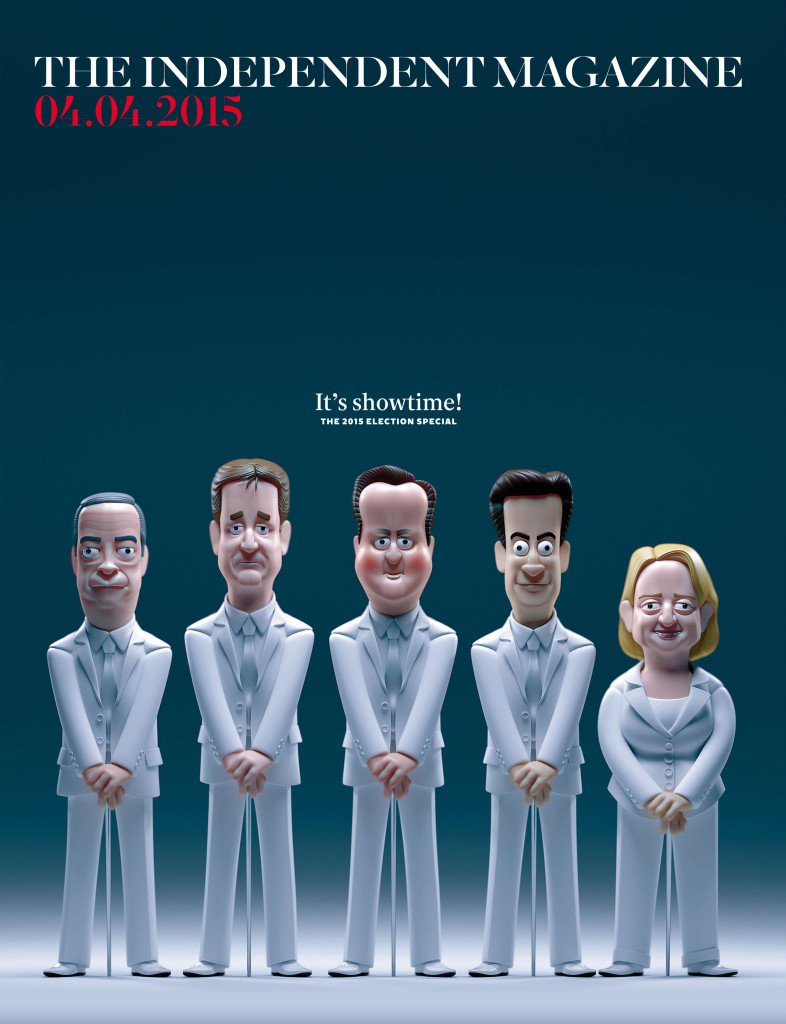Close every door to me, hide all the world from me. Bar all the windows and shut out the weekend
Every single Kramer entrance, in order:
The best-ever opening tracks of albums (thanks, J).
Worst-ever special effects (thanks, J).
Disney princesses photoshopped (thanks, R).
Charts inspired by Morrissey lyrics (thanks, C).
The puntastic Tweeted Love (thanks, S).
American literature’s most epic road trips (thanks, J2).
The Rolling Stones at their most Spinal Tap (thanks, T).
Sheep rescue! (thanks, G):
The Wire tautology supercut (thanks, Popbitch):
Jurassic World as gay Thai porn.
Beaucoup Raymond Carver wisdom.
Shatner’s ‘Common People’ with fanmade Star Trek video (thanks, S):
There’s some fun stuff on this blog (thanks, L&R).


